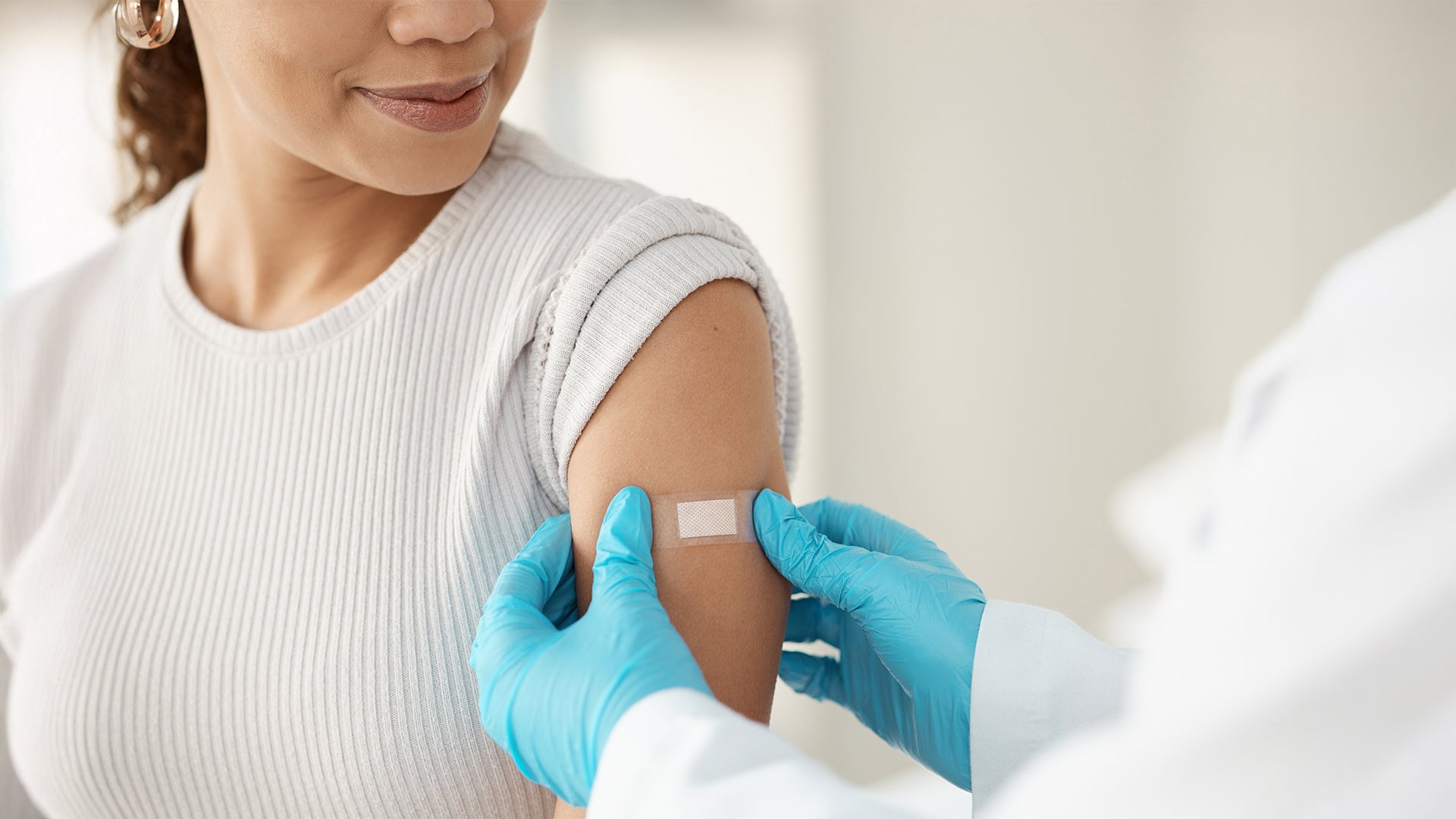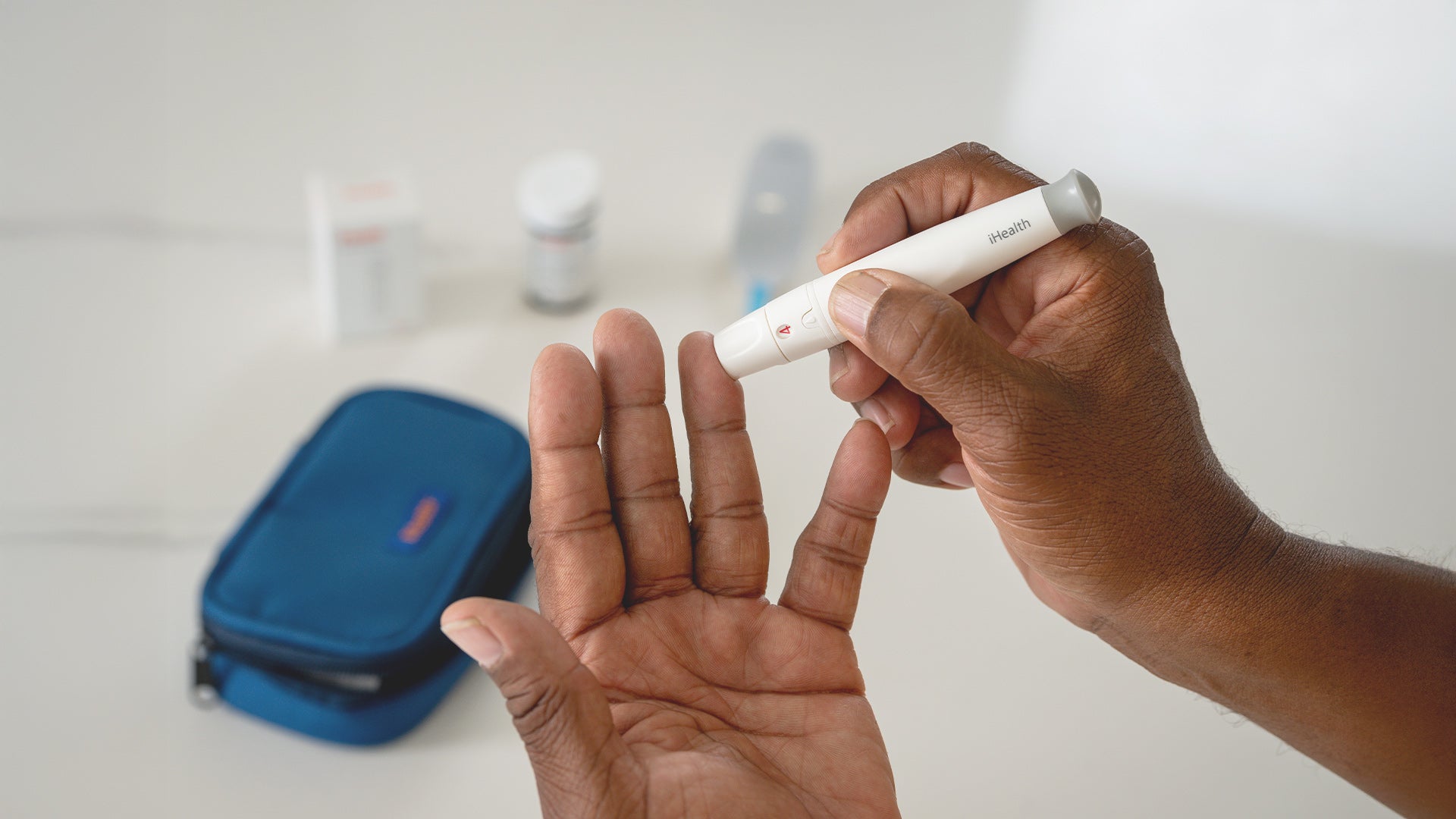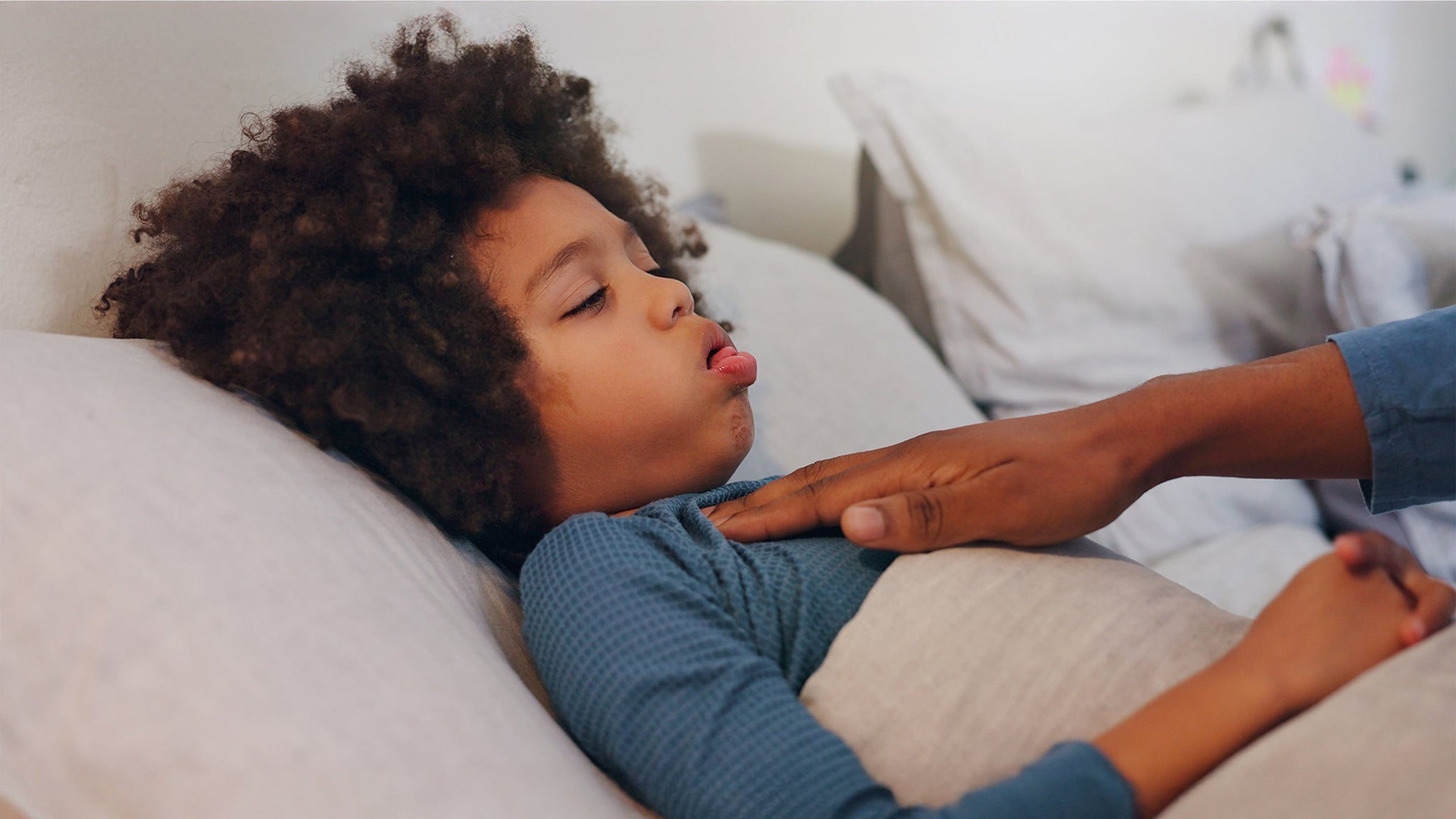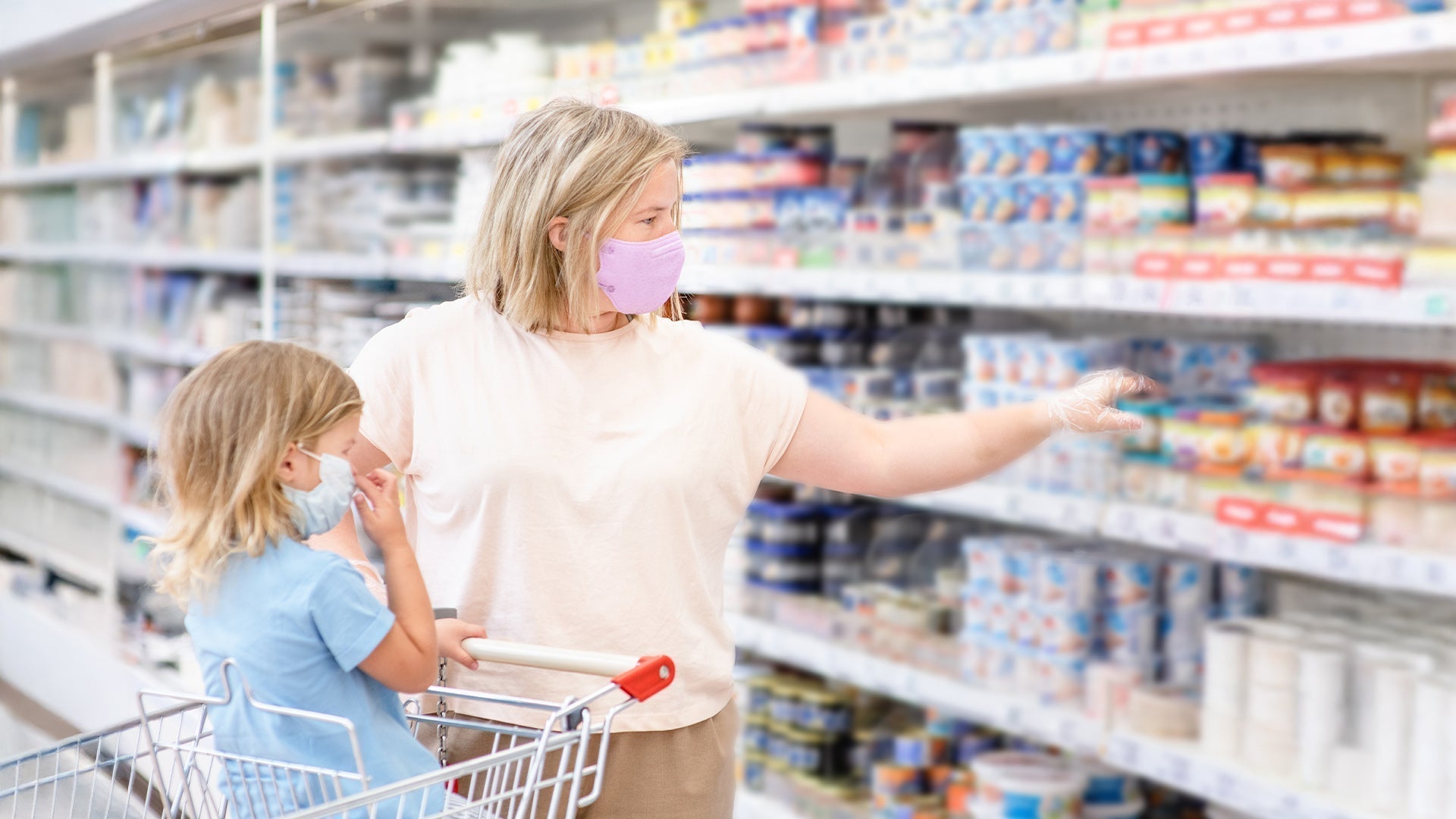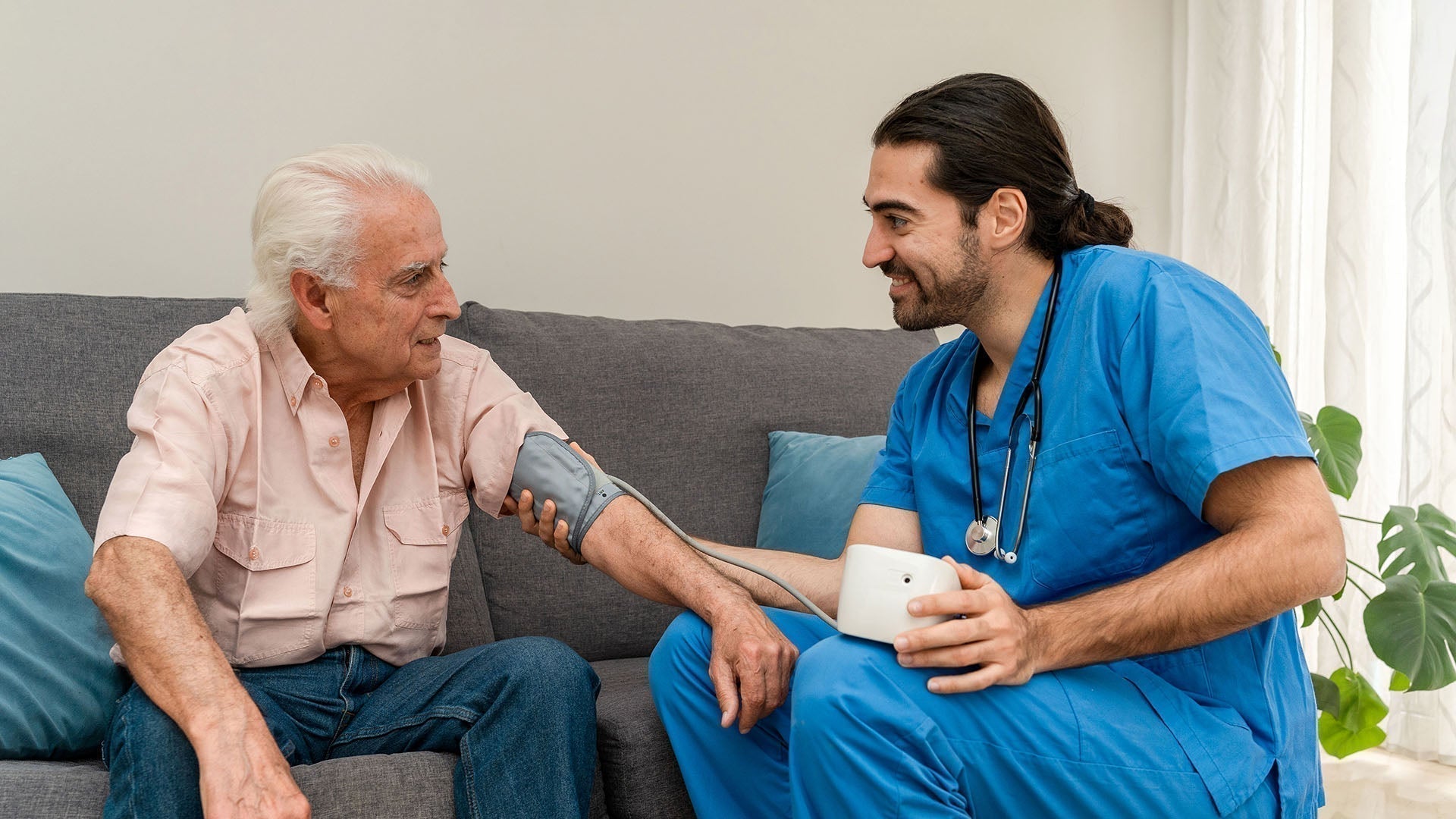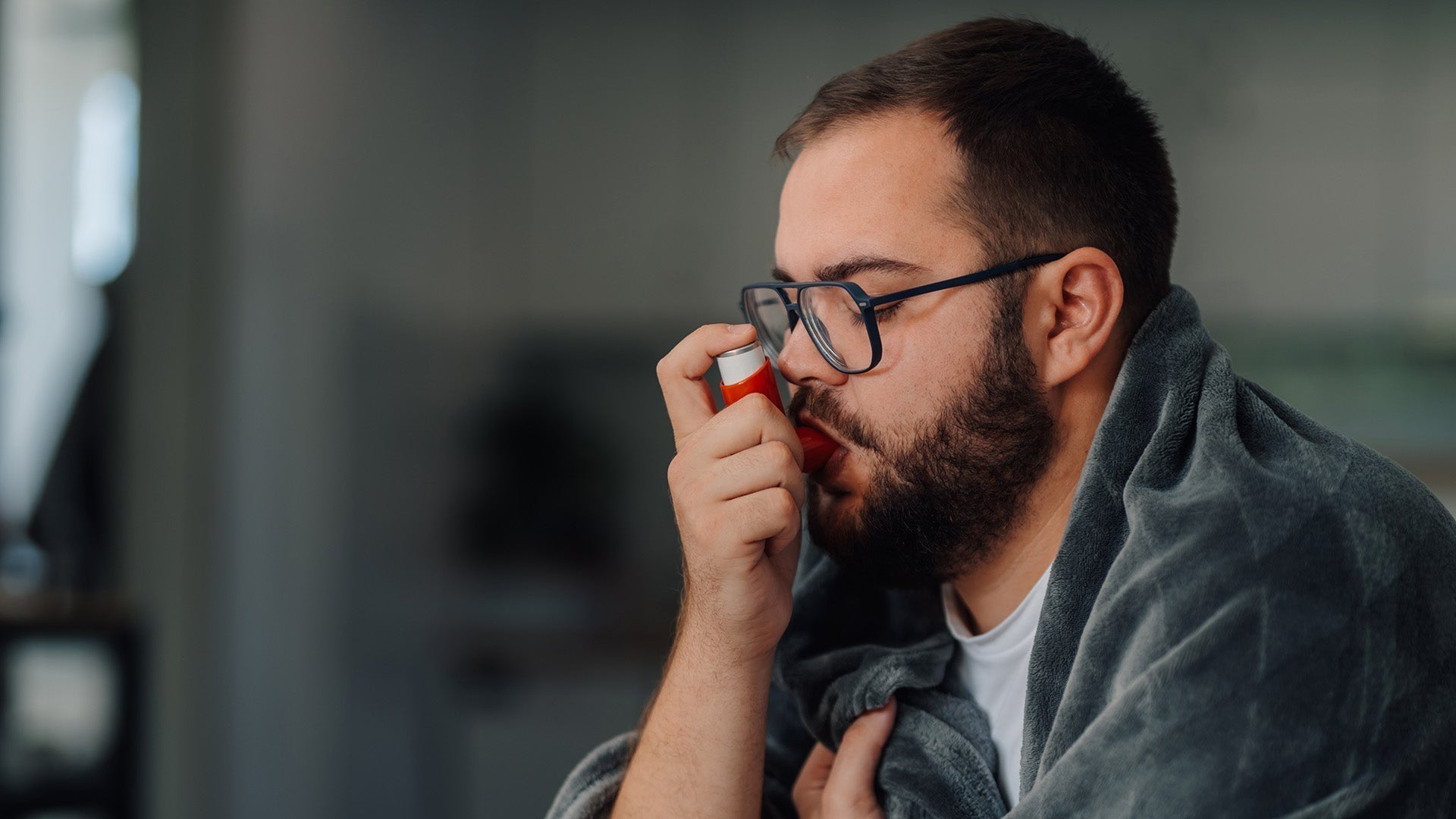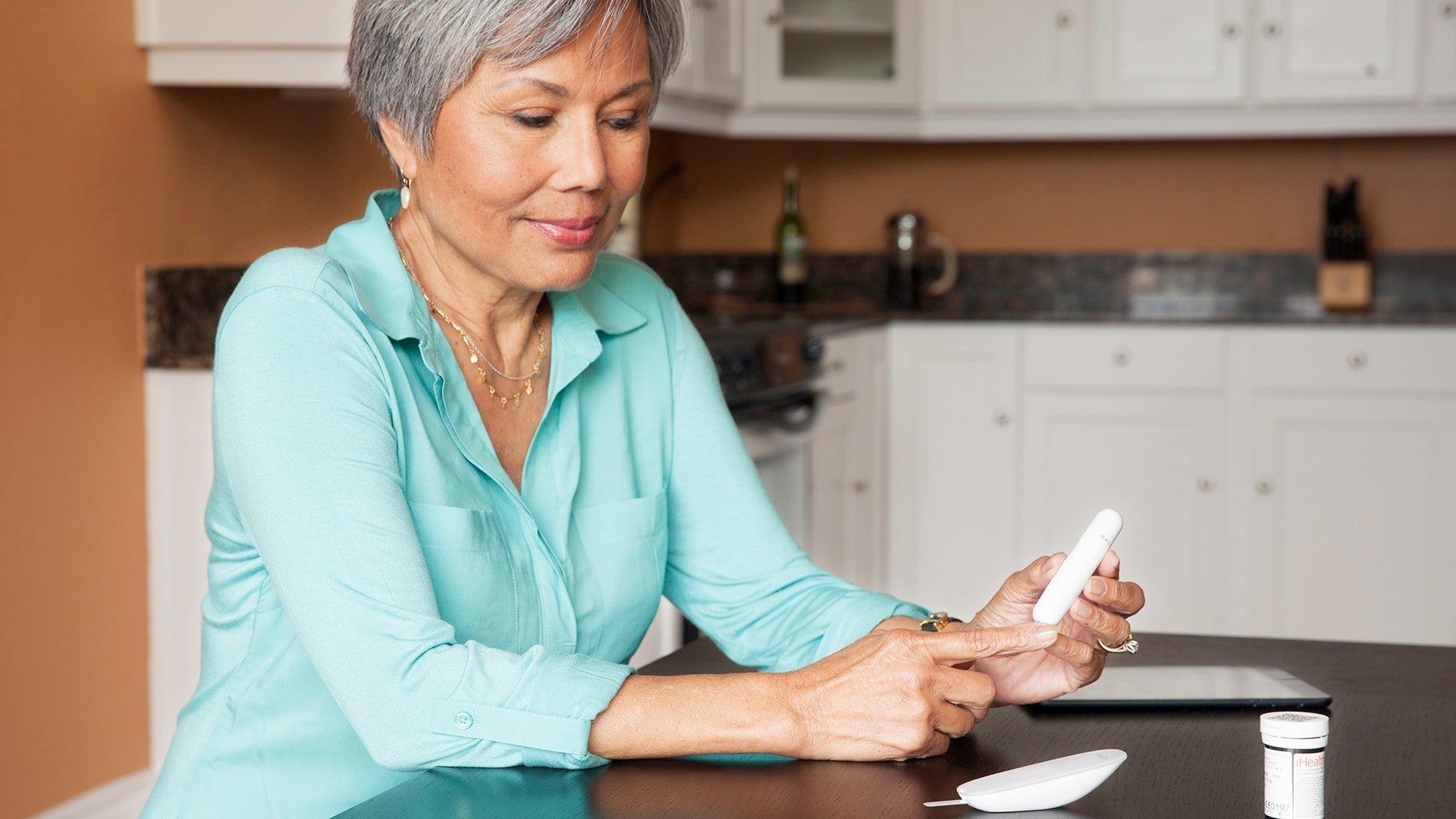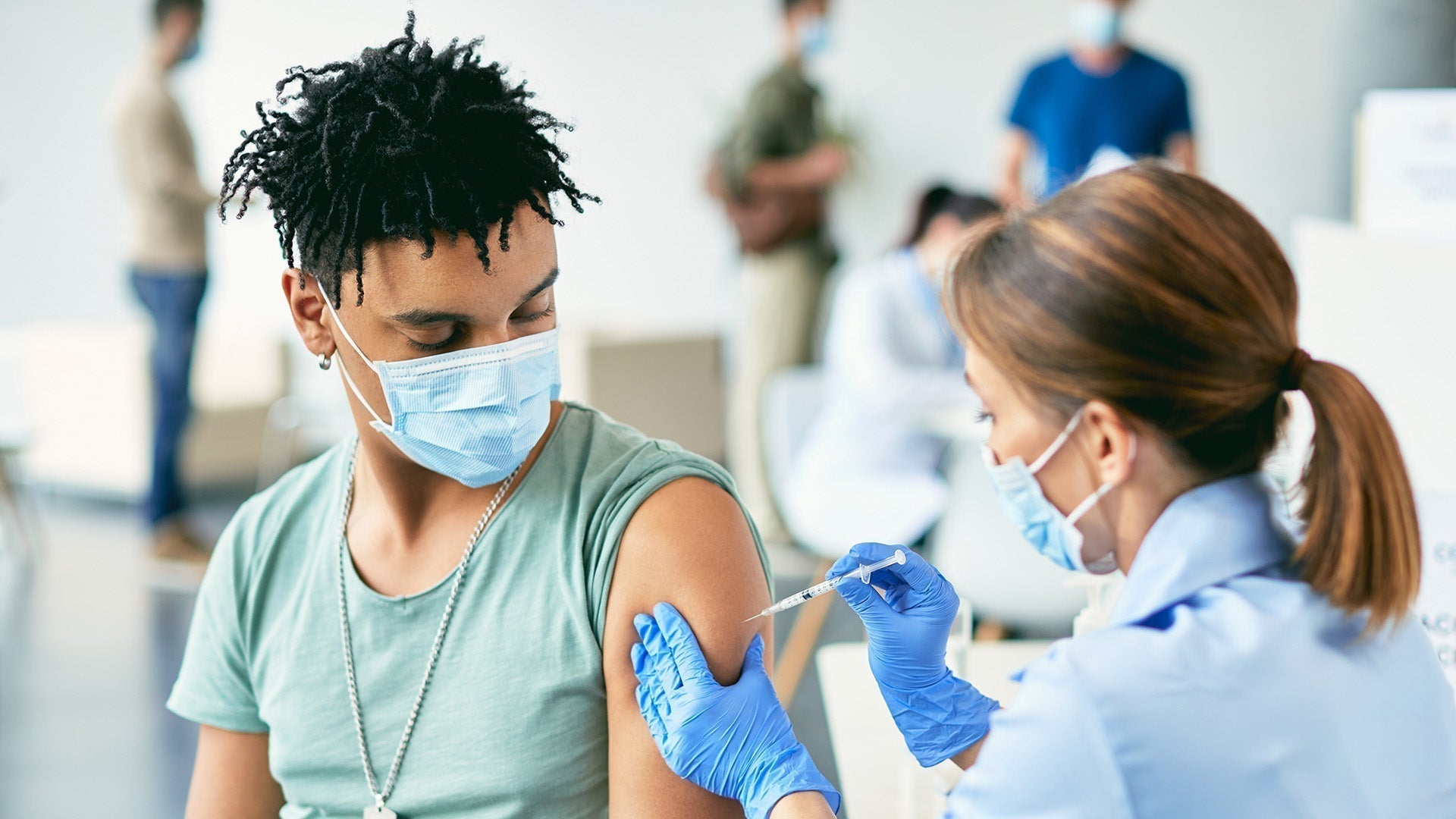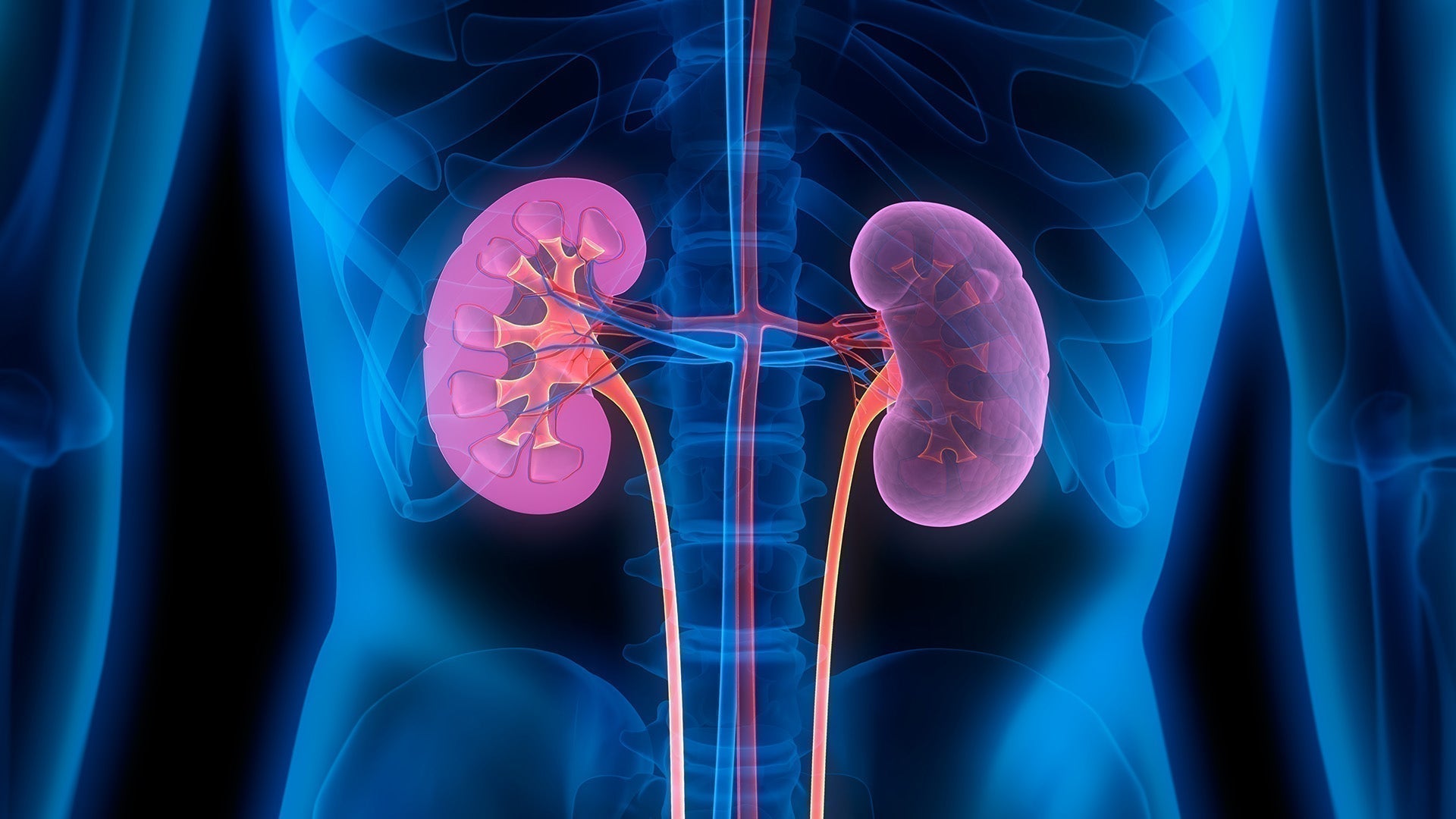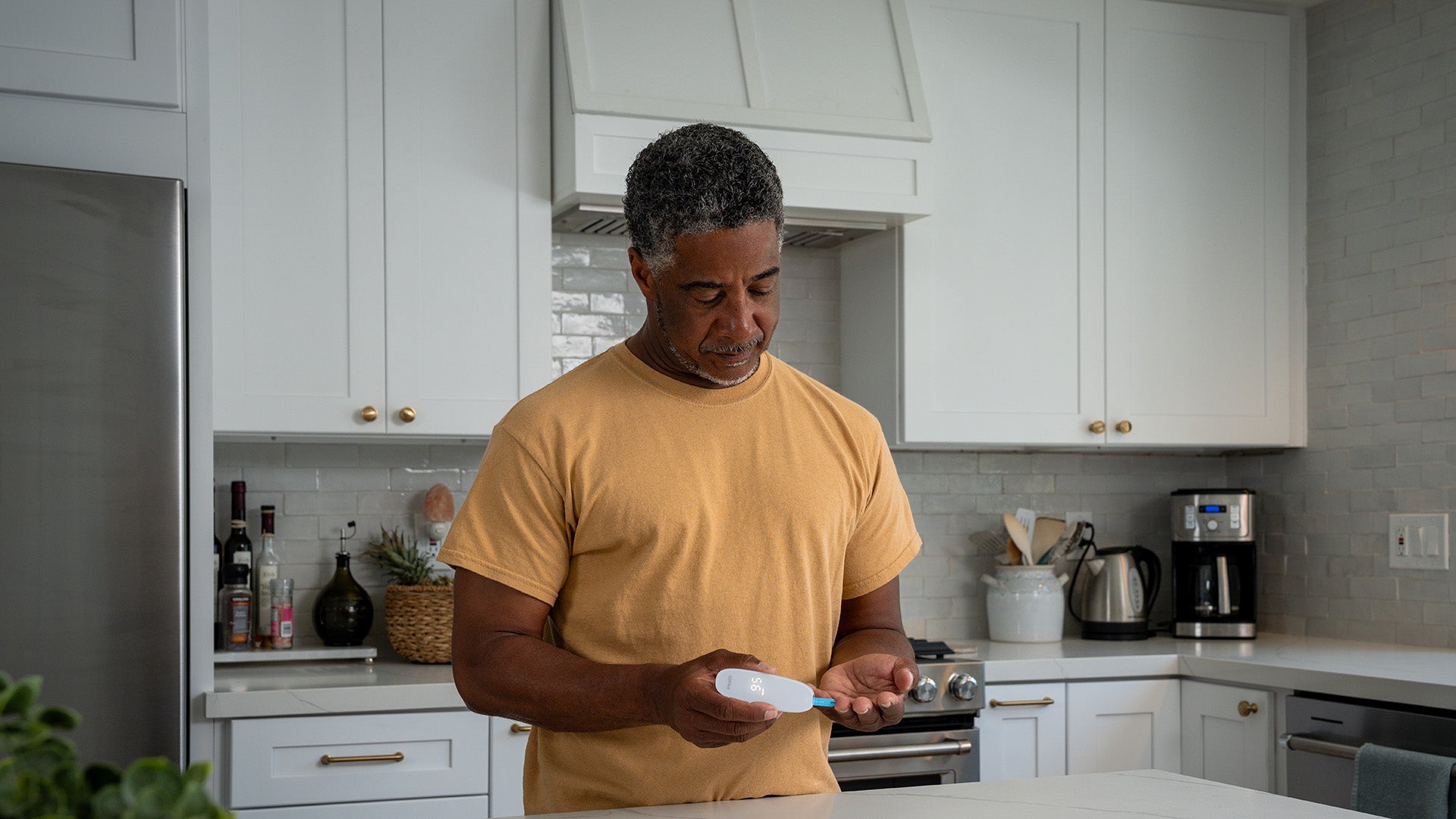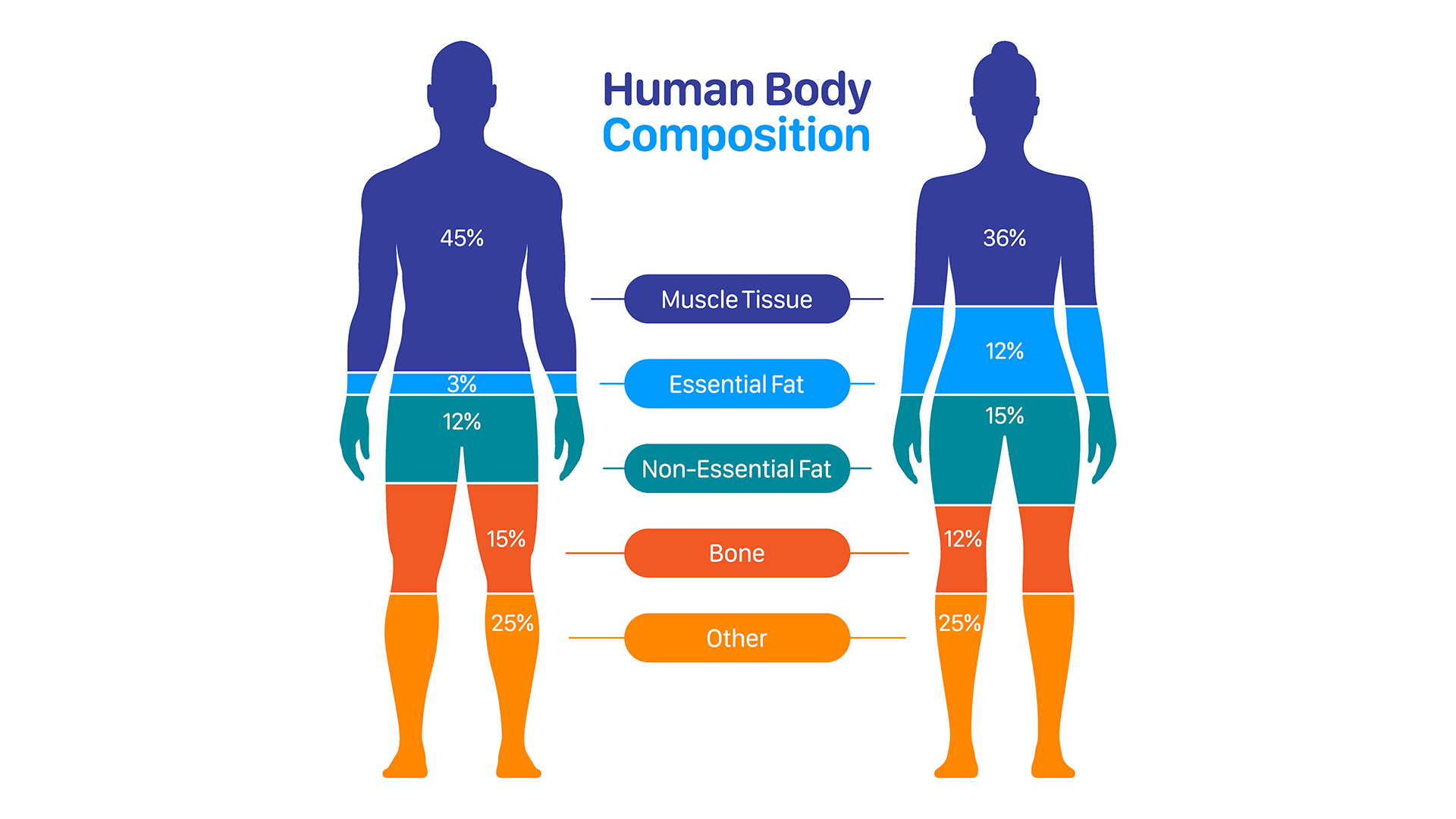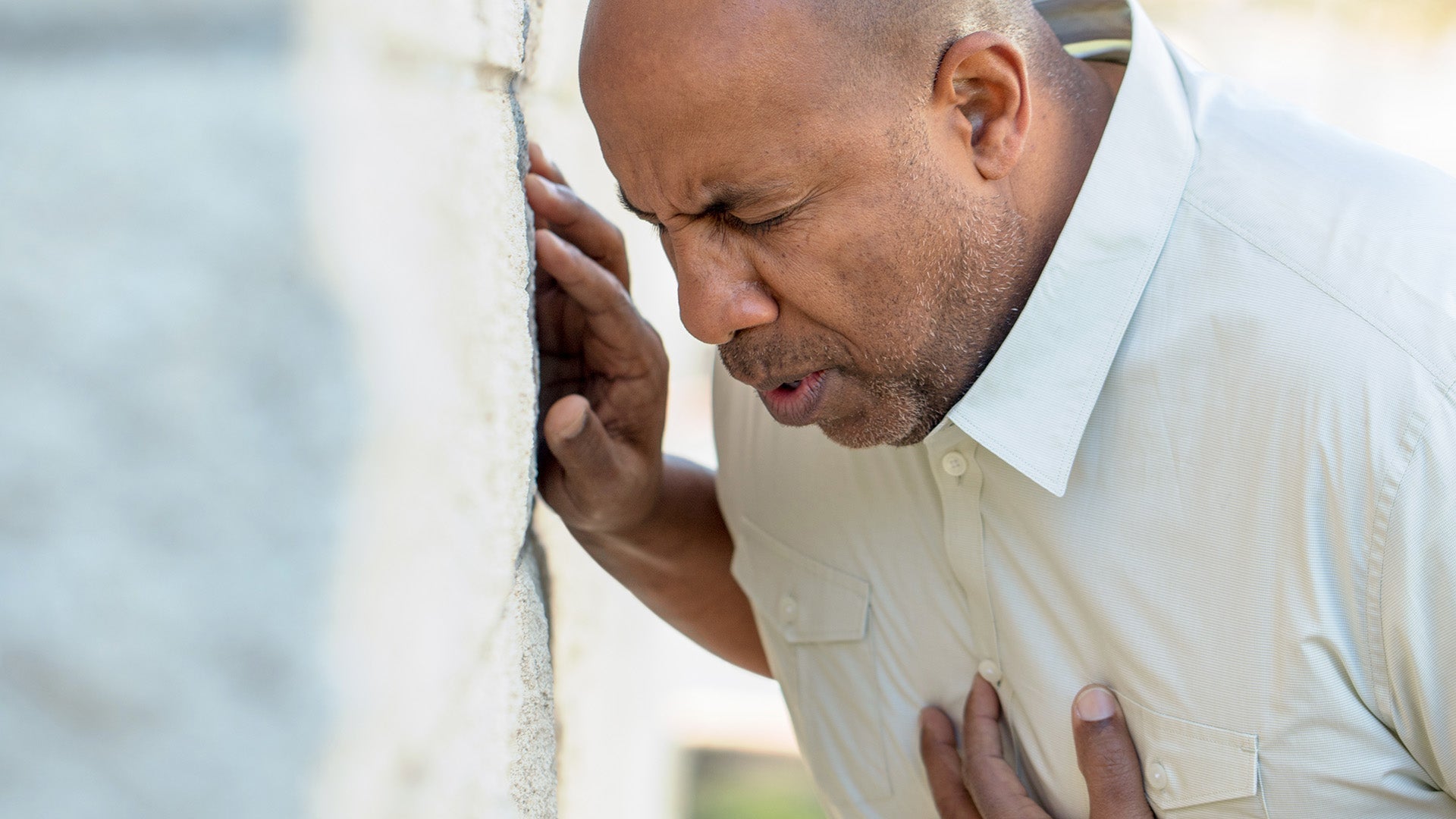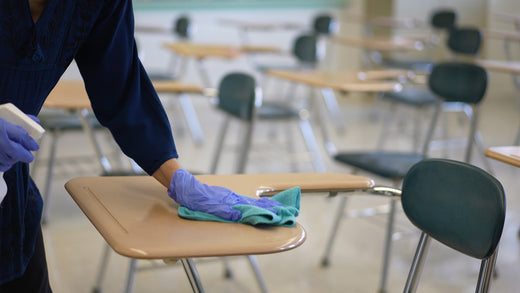Learn Your Way
to A Healthier Life

The holiday season is almost upon us. And whether you’re getting together with family for Thanksgiving dinner or attending a holiday party with friends, your travel and social calendar might be filling up fast.
The holiday season is also a time when respiratory viruses are very common, so it’s a good idea to consider antigen testing before meeting up with your friends and family.
Have questions about current antigen testing for respiratory viruses around the holidays? We’ve got answers!
1. What’s Going Around Right Now in 2025?
A variety of respiratory viruses circulate during fall and winter. That means any one of them can become an unwelcome guest at your holiday party.
Flu and respiratory syncytial virus (RSV) cases often peak sometime between December and February.
While COVID-19 circulates year-round, researchers have recorded increases in COVID-19 activity in both late summer and in winter. The newest COVID variant in the United States is called XFG, or “Stratus”.
The common cold season starts in September and typically continues into the spring. This year, the common cold season started off with a kick. In fact, a CDC data dashboard suggested that in September of this year, infections due to common cold viruses were at the highest levels seen since September 2022.
2. Why Should I Test Before the Holidays?
Each holiday season, friends and family often ask me why testing for respiratory viruses is important. There are a few answers I like to give.
For instance, if you’re already feeling kind of crummy, a test can give you an idea of what you’ve come down with. This can also help guide treatment options since effective antiviral medications are available for COVID-19 and the flu.
I also like to make the point that testing can help protect others who may be more likely to become seriously ill.
While getting sick may be a temporary inconvenience for many of us, it can have a greater impact on others. That makes testing a great way to prevent spreading an infection to a vulnerable friend or relative during the holidays.
Specific risk can vary based on the respiratory infection, but individuals that tend to be the most susceptible to serious illness include:
-
Older adults
-
Infants and young children
-
Pregnant women
-
Those with a weakened immune system
-
People with certain chronic health conditions like heart disease, kidney disease, and cancer
3. Why Should I Test Before Traveling for the Holidays?
Winter holiday travel in 2025 is expected to exceed all-time highs reached last year, when Thanksgiving 2024 plane travel shattered records. Cirium booking data indicates that 2025 Thanksgiving holiday flight bookings are already 2.2% above last year’s record numbers for that holiday.
Respiratory viruses spread easily when people are closer together. That means that the large number of people in packed airports and planes this winter creates a perfect environment for their spread.
Droplets made when a sick person coughs, sneezes, or talks can contain viral particles. You can then breathe these in and become sick yourself. Generally speaking, you have the highest risk of contracting a respiratory illness on a plane when you’re seated within two rows of someone who’s sick. However, some research suggests that this radius may be smaller - within one row.
You can also contract a respiratory virus by touching a contaminated surface and then touching your face, nose, or mouth. From the airplane bathroom to your seat armrests and tray table, airplanes are full of shared surfaces on which viruses can lie in wait.
The ease with which viruses can spread during travel makes testing for viruses critical during the holiday season. Consider testing before travel. A negative test before your departure can give you peace of mind that you won’t spread an infection to your fellow travelers or the friends and family you’re visiting.
4. What Types of Antigen Test Are Currently Available?
Several types of at-home antigen tests are available to test for respiratory infections. These include tests for:
-
Flu
-
RSV
Some at-home antigen tests can detect multiple respiratory infections at the same time, such as COVID-19 and the flu. These are called multiplex tests.
Antigen tests work by detecting proteins that are associated with a specific respiratory virus. These proteins are called antigens. If viral antigens are present in the sample, they will cause a reaction, returning a positive result. You may also see antigen tests called “rapid tests.” This is because they return results quickly, often in as little as 15 minutes.
5. Why Aren’t There Tests for the Common Cold?
You may have noticed in my previous answer that there are no antigen tests available for the common cold.
The average adult can have up to six colds each year. Additionally, common cold infection levels have been high this fall. So why aren’t there any at-home antigen tests for the common cold?
The short answer is that the sheer diversity of common cold viruses makes developing a specific test quite difficult. We often think of the common cold as just one illness, but the truth is that over 200 respiratory viruses can cause colds!
Rhinoviruses are the most common culprit, causing more than half of colds. However, many rhinoviruses can circulate at once.
For example, one study, published in the The Journal of Infectious Disease, looked at circulating rhinoviruses between 2021 and 2022. Not only was there not one dominant rhinovirus, but the researchers actually detected 99 different variants within the study area.
6. When Should I Do an Antigen Test?
One obvious time where you’d want to do an antigen test is if you’re already feeling under the weather. Symptoms like fever, cough, a runny nose, and body aches can all signal the presence of a respiratory infection.
Other times I’d recommend doing an antigen test before the holidays include if you:
-
Have recently been around someone who is sick
-
Are going to be visiting with people who are more vulnerable to serious illness, such as older adults, young children, or immunocompromised individuals
-
Have been traveling or have attended a large, crowded event recently
7. What Are the Current Guidelines If I Have a Positive Antigen Test?
If you do turn out to have an infection like COVID-19, the flu, or RSV, staying home can prevent it from spreading during a holiday gathering.
When it comes to a lot of respiratory infections, at-home care can help with recovery and managing symptoms. This includes things like:
-
Resting up
-
Drinking plenty of fluids
-
Using over-the-counter (OTC) medications to reduce symptoms like fever, cough, and aches and pains
If your antigen test turns up positive for COVID-19 or the flu, you may also be able to receive a prescription for an antiviral medication from your doctor.
Since the COVID-19 pandemic started, isolation guidelines have changed numerous times. As someone who’s been asked frequently by friends and family about what exactly to do if you’re sick, I totally get how it can be hard to keep up with the current isolation protocols.
So how do you know that you’re in the clear when you’ve had a positive test and your Friendsgiving celebration is rapidly approaching?
The current guidelines from the CDC recommend isolating at home and only returning to your normal daily activities if both of the following are true for at least 24 hours:
-
Your symptoms are improving
-
You don’t have a fever (and are not using a fever-reducing medication)
Basically you should stay home if you’re still feeling unwell, especially if you have a fever.
It’s also important to consider the fact that you may still be able to spread an infection to others during your recovery period, even if you’re feeling better and have returned to your daily activities.
There are several ways you may choose to address this possibility. For example, some people may opt not to attend an upcoming holiday event. Meanwhile, others may instead choose to avoid close contact or to wear a mask during a holiday gathering.
The Bottom Line
As the holiday season nears, respiratory viruses like the common cold, the flu, and COVID-19 will be circulating. The high volume of travel during this time, which often involves being packed into crowded airports and airplanes, can help to boost the spread of these viruses. Antigen testing before the holidays can help prevent spreading a respiratory infection to the friends and family members you’re visiting or to other travelers.
Additional References
-
Annals of Global Health: On the 2-row rule for infectious disease transmission on aircraft
-
Canadian Family Physician: Common cold
-
CDC: About common cold
-
CDC: Flu season
-
CDC: People with certain medical conditions and COVID-19 risk factors
-
CDC: Preventing spread of respiratory viruses when you’re sick
-
CDC: RSV in adults
-
CDC: Testing and respiratory viruses
-
CDC: The National Respiratory and Enteric Virus Surveillance System
-
Critical Care Medicine: Influenza
-
Cureus: Respiratory syncytial virus: A comprehensive review of transmission, pathophysiology, and manifestation
-
Emerging Infectious Diseases: Estimated COVID-19 periodicity and correlation with SARS-CoV-2 spike protein S1 antigenic diversity, United States
-
FDA: Understanding at-home OTC COVID-19 antigen diagnostic test results
-
Frontiers in Allergy: Common cold
-
Journal of Microbiology, Immunology and Infection: The evolution of rapid antigen detection systems and their application for COVID-19 and other serious respiratory infectious diseases
-
MMWR Morbidity and Mortality Weekly Report: Seasonality of respiratory syncytial virus – United States, 2017-2023
-
Principles of Practice and Pediatric Infectious Diseases: The common cold
-
Proceedings of the National Academy of Sciences: Behaviors, movements, and transmission of droplet-mediated respiratory diseases during transcontinental airline flights
-
The Journal of Infectious Diseases: Genomic epidemiology and evolution of rhinovirus in western Washington State, 2021-2022
-
WHO: Influenza (seasonal)
Sign Up For More From iHealth
Receive the Latest News and Special Offers


